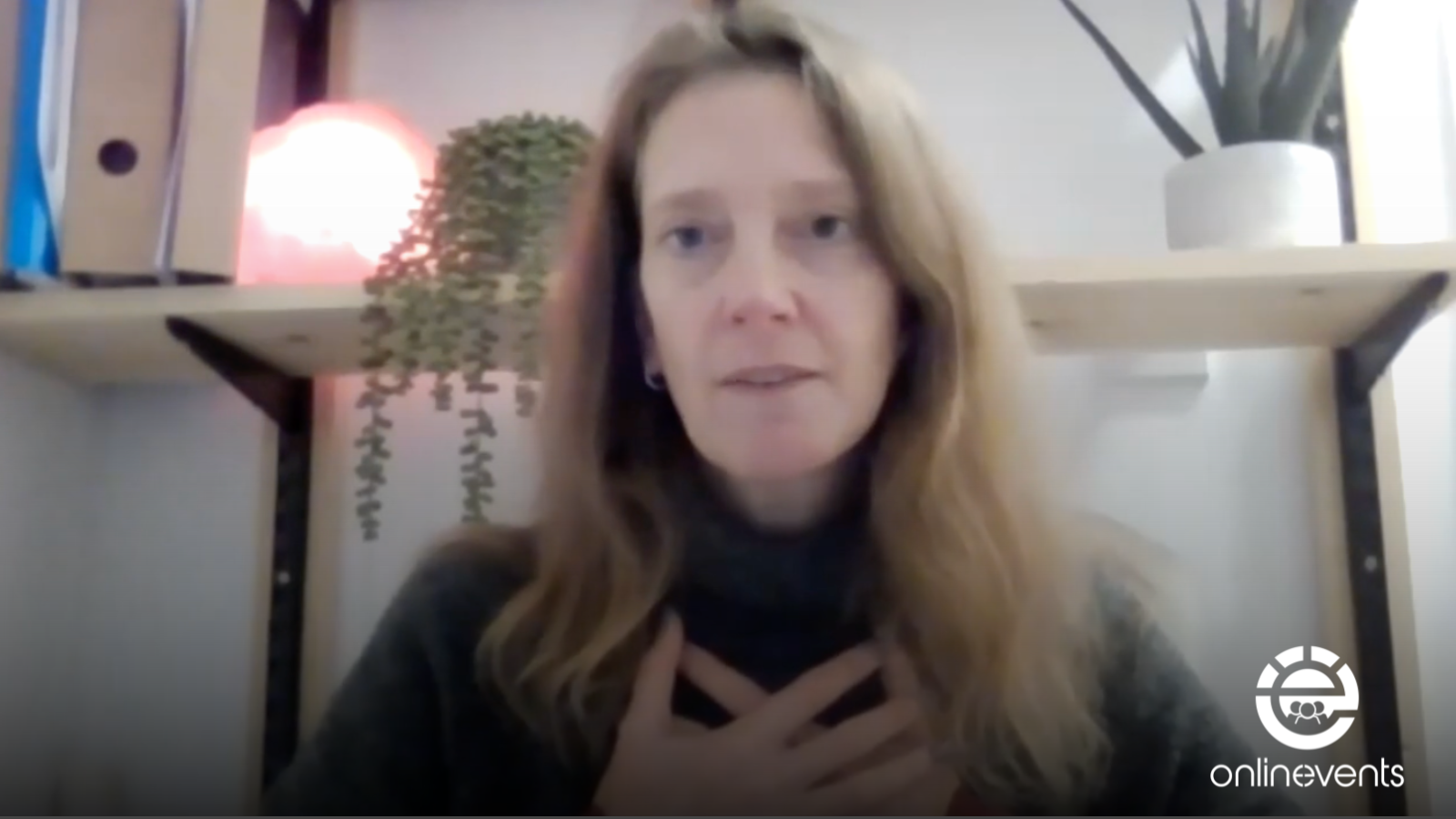A topic that is commonly raised in supervision is around a clients self-loathing and perpetual destructive patterns, with questions of: how do I help my client to like themselves more?
Workshop Details
With trauma, and particularly complex, relational trauma, where a person has experienced significant depravations whilst growing up, a common internalised belief is: I am bad. This belief goes through to the core and is re-enforced by a bullying inner critic. Trauma-shame is deep rooted! This can often mean that a persons self-esteem has never really lifted off; it’s a missing resource OR their self-esteem has been slowly grated away over time.
In this workshop you’ll learn:
- what can lead to trauma-shame
- how this links to destructive patterns with self and others
- how we can bring psycho-education in to help our clients to understand what happened to them
- and exercises to support your client to move towards self-compassion and acceptance
Learning Objectives to expect from this workshop
- Understanding Trauma-shame
- To identify how this links to destructive patterns with self and others
- Understand how to work with deep-rooted trauma-shame
This workshop is appropriate for
- Therapists and those wishing to develop more self-compassion
How can this workshop impact your practice?
- Practical exercises to bring into your client work along with a deeper understanding of trauma-shame
Course Content
Presenter

Kate Williams has been in therapeutic practice since 2009 with a background in counselling in further education. She currently runs a busy private practice, works with NHS clients and enjoys running workshops for onlinevents and staff wellbeing workshops for NHS Hull & Humberside.
Kate is centre manager for the Bedfordshire Centre for Therapeutic Studies where she teaches on the CPCAB L5 in Somatic Trauma Therapy course & L2 Award in Breathwork Coaching as well as the Level 4 in Therapeutic Counselling.
Kate has a passion for bringing the body into her practice supporting clients to release the trauma that is held within their bodies. Kate is know for her relaxed teaching style, experiential somatic practices and skill of bringing theory to life and making it applicable.


